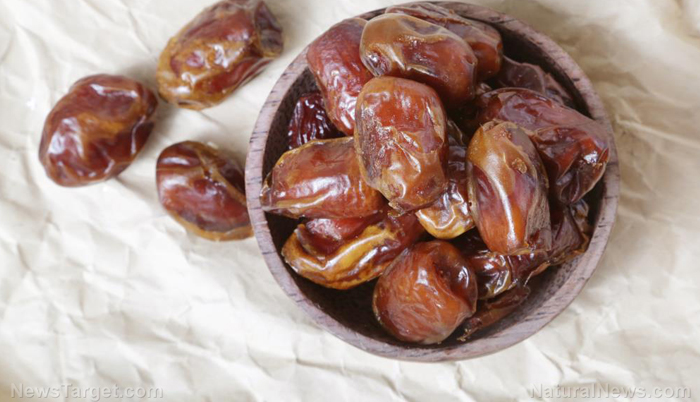![]() Home > Lifestyle
Home > Lifestyle
Food Terminology Explained: What Does Certified Organic Really Mean?

![]() September 16th, 2020 | 17:19 PM |
September 16th, 2020 | 17:19 PM | ![]() 660 views
660 views
NATURALNEWS
Mention the term “certified organic” and images of fruits and vegetables grown without the use of harmful chemicals by small farmers using ethical practices would come to mind.
According to guidelines released by the U.S. Department of Agriculture (USDA), fruits or vegetables can only carry the “certified organic” brand if they were grown in soil that wasn’t treated with any synthetic fertilizers or pesticides three years prior to the harvest. Furthermore, the guidelines also indicate that any synthetic substance applied to plants for a particular purpose needs to be examined and approved – based on its possible effects on human health and the environment. As with all things organic, the use of genetically modified organisms (GMOs) to grow organic fruits and vegetables is explicitly banned.
It is inevitable that a few questions will come up on what the “certified organic” label really means. Let’s look at some of these.
Does organic mean “free of any toxins?”
Organic produce is not entirely devoid of toxins, as there are some naturally derived pesticides that may pose a threat to health when used in unnatural concentrations. A notable example of this is rotenone, a natural pesticide used in organic farming that is derived from the roots of Leguminosae plants. It proves effective at killing pests, but also kills fishes when introduced to bodies of water. Rotenone’s risk to marine life led to its removal from the USDA’s list of allowable organic pesticides in Jan. 2019.
Does organic mean “grown locally?”
Despite organic produce making up around five percent of food being sold in the U.S., only about one percent of farmland in the country is organic. It follows, then, that the U.S. imports organic food from other countries to meet increased consumer demand for organic food. Local farmers find it difficult to meet the demand for organic food mainly because of the three-year “no synthetic pesticides” requirement. In addition, the carbon footprint generated in the process of bringing in organic produce from another country to the U.S. is not considered in the labeling of organic food.
Does organic mean “topsoil is being restored in the process of farming?”
The organic farming movement originally aimed to “feed the soil” by encouraging the growth of nutrient-producing microbes in the soil through minimal tilling and introduction of organic matter. However, organic farming still requires crops to be frequently cultivated to address weed growth. This has the side effect of loosening the topsoil in the process and making it more susceptible to erosion. The degree of topsoil erosion, however, varies with the type of farm growing organic produce: Small farms with different crops may not consider it a problem, but larger farms planting only one crop may address it yearly.
These different notions of what organic really means comes after schisms in the organic movement. One side is advocating for an assembly-line type of organic farming: Sprawling fields of a particular crop, which is harvested and sold in supermarkets. On the other hand, another side focused on the original ideals of organic farming is lamenting that the USDA’s weakened standards for the certified organic label no longer reflects what it stood for. Unfortunately, the USDA’s relaxed standards for organic produce has permitted the rise of fraudulent labeling – something that the department has vowed to stamp out through “tougher enforcement and oversight.”
Given these different definitions, a good way to define organic produce would be: Organic produce is farmed without the use of pesticides, whether naturally derived or chemically synthesized, and grown locally by small farmers using methods that maintain soil health.
Source:
courtesy of NATURALNEWS
by Ramon Tomey
If you have any stories or news that you would like to share with the global online community, please feel free to share it with us by contacting us directly at [email protected]